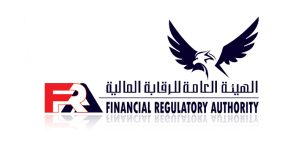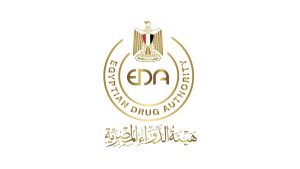The much-anticipated Banking and Central Bank draft law (the “Draft Law”) has been approved by the Cabinet of Ministers and is a few steps away from being ratified by Parliament. The Draft Law, when passed, will be amending and adding several aspects to the Banking sector with the aim of increasing the supervision by the Central Bank of Egypt (the “CBE”) over banks, enhancing and reinforcing its independence, keeping pace with major global developments with an emphasis on financial technology, and enhancing data protection and customer rights regulations.
Based on the released Draft Law, we outline below the key developments:
Appointment of the Governor of the CBE
The Governor of the CBE will be appointed by Presidential Decree for a period of four years to be renewed for another term only after obtaining the approval of Parliament. Currently, there is no limit on the Governor’s term renewals.
Minimum Capital Requirements
One of the primary changes introduced in the Draft Law is the significant increase in the minimum capital requirements of the CBE and banks falling under its supervision.
The changes are as follows:
-
- The CBE: from EGP 4 billion to EGP 20 billion
- Banks established in Egypt: from EGP 500 million to EGP 5 billion
- Branches of foreign banks: from USD 50 million to USD 150 million
The main objective of these changes is to strengthen the position of banks when dealing with potential risks and ensuring their ability to compete with global banks.
Increased Oversight and Financial Crisis Mechanism
The CBE will be granted additional oversight over internal appointments of key officials within banks. This consists of a fit and proper assessment to be conducted in line with conditions predefined by the CBE. The CBE will also issue general principles for key officials to abide by in exercising their respective roles.
In addition, licensed entities are prohibited from exercising any monopolistic activities or anticompetitive behavior (i.e., providing services at a lower price than their cost).
An important aspect of the Draft Law will be the establishment of a Financial Stability Committee. This committee will maintain the stability of the financial system and work towards avoiding the occurrence of any financial crises. This committee will be presided by the Prime Minister working alongside the Governor, the Minister of Finance and the Chairman of the Financial Regulatory Authority.
Technological Developments
To keep pace with current global technological developments, the CBE will introduce new rules governing the use of financial technology in the banking sector (“Fintech”) and the terms of granting Fintech licenses. This consists of establishing a control test system for implementing Fintech; however, the precise details of this system are yet to be disclosed.
In addition, there will be an easier licensing procedure for start-ups testing Fintech in order to encourage the development of innovative financial services.
The CBE’s board of directors will also be issuing rules that govern the issuance, circulation and dealing in cryptocurrencies and e-payments. This will include the need to obtain a license to create and use platforms for such activities from the CBE.
The purpose of supporting the inclusion of Fintech and e-payment in the Egyptian market lies in the desire to decrease reliance on banknotes and to promote a cashless society.
Data Protection and Customer Rights
According to the Draft Law, greater emphasis will be placed on data protection by issuing regulations that deal with the handling of data in a transparent and credible manner. This will include providing a system for the safety and confidentiality of customer data and accounts.
Moreover, customer rights will be prioritized through the drafting of terms and conditions of service contracts in a clear and understandable manner. In doing so, the CBE aims to ensure it can be understood by all categories of customers.
Customer complaints will also be dealt with more effectively through the provision of a quick and free mechanism that ensures they are handled fairly. The CBE will establish a special unit to examine such complaints with a view to safeguarding customer rights.
Dispute Resolution Mechanism
A new independent Centre for Arbitration and Dispute Resolution will be created to deal with any disputes that arise out of the implementation of the law or any other law relating to banking activities. The goal is to ensure the swift resolution of disputes by experts.
Market Reaction
Banking expert and board member of the Suez Canal Bank, Mr. Mohamed Abd Aal, stated that the Draft Law will achieve economic and banking security for citizens through its various new mechanisms. Abd Aal views the development of payment systems and Fintech as important in reducing corruption rates and inflation whilst making it easier for citizens to meet their financial obligations in an efficient manner.



